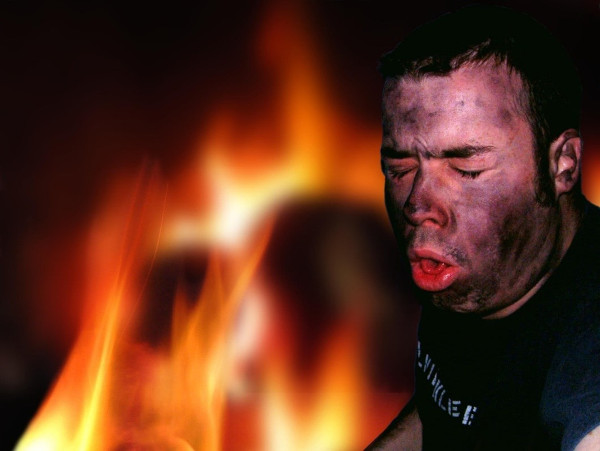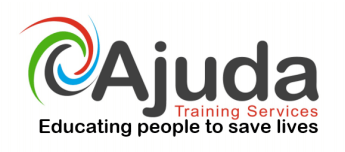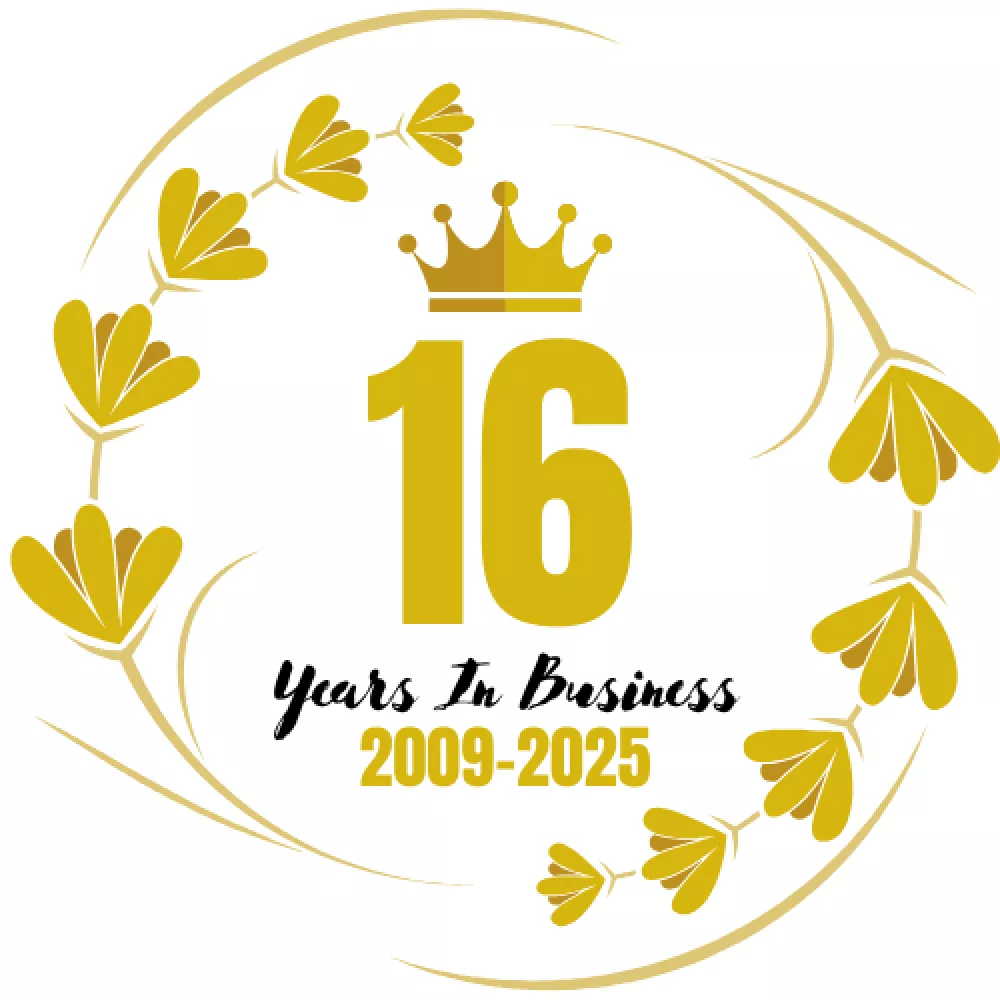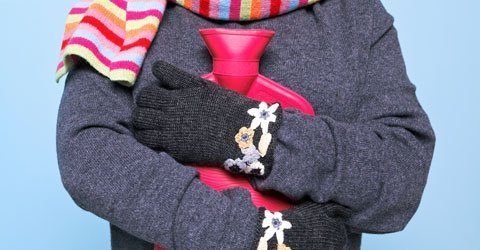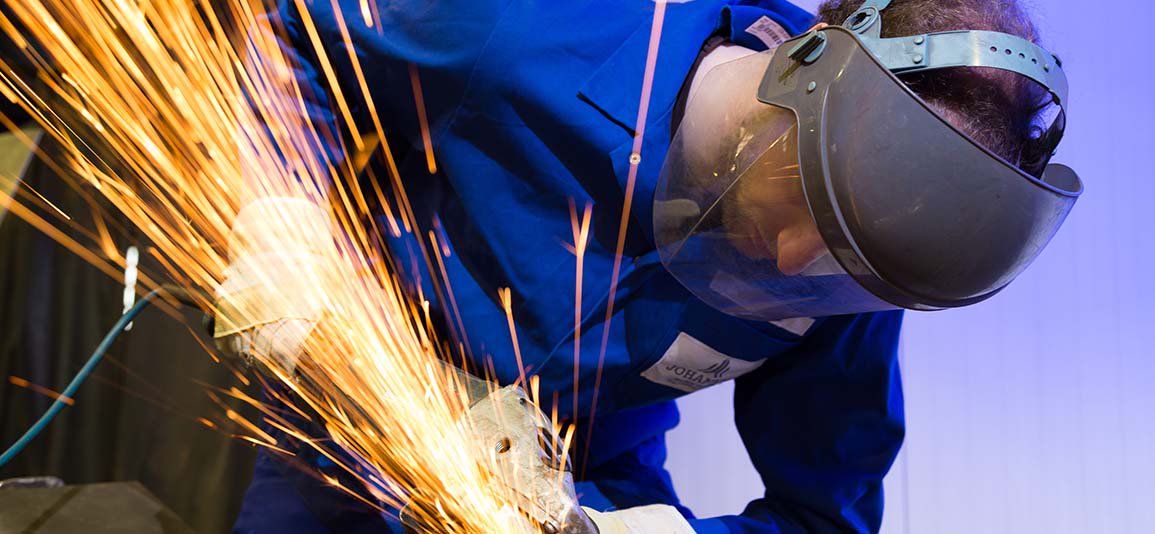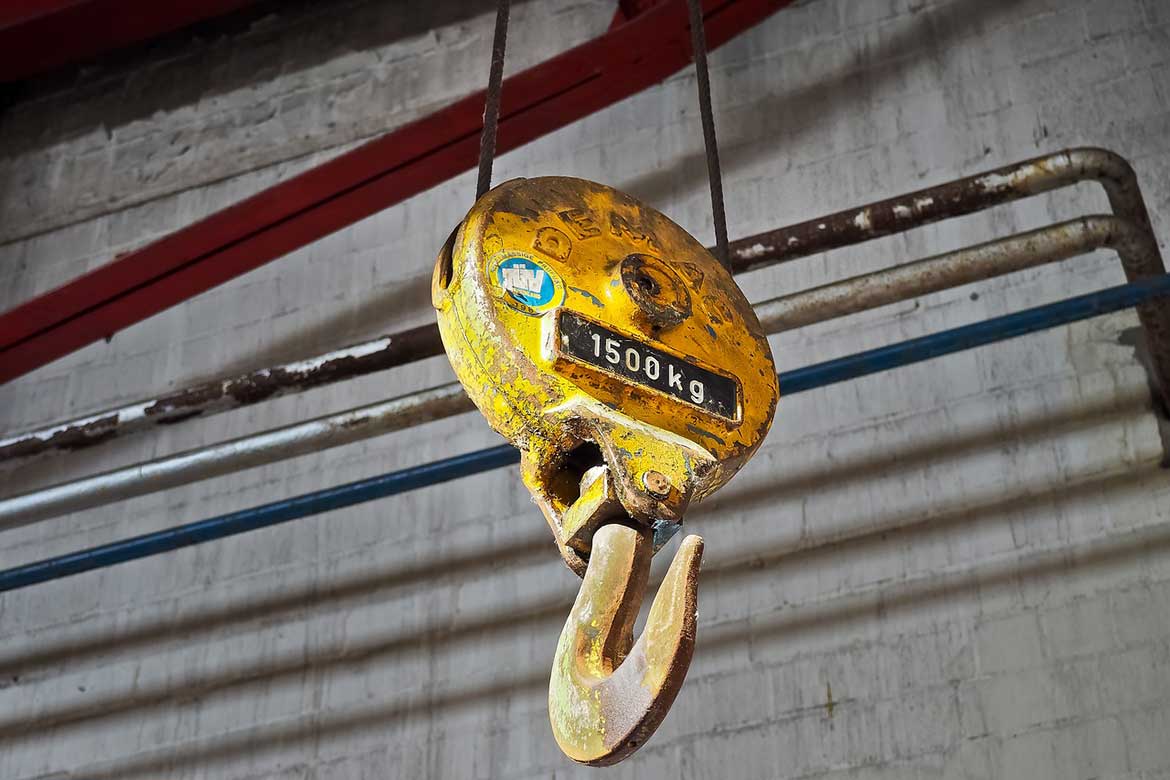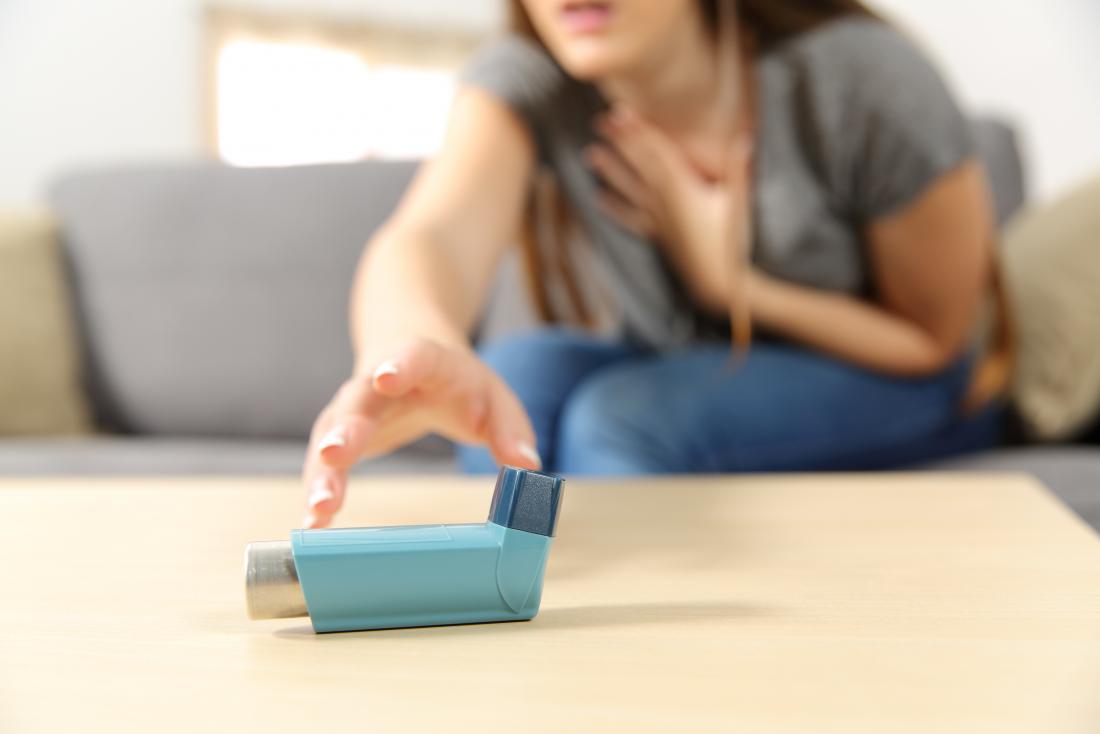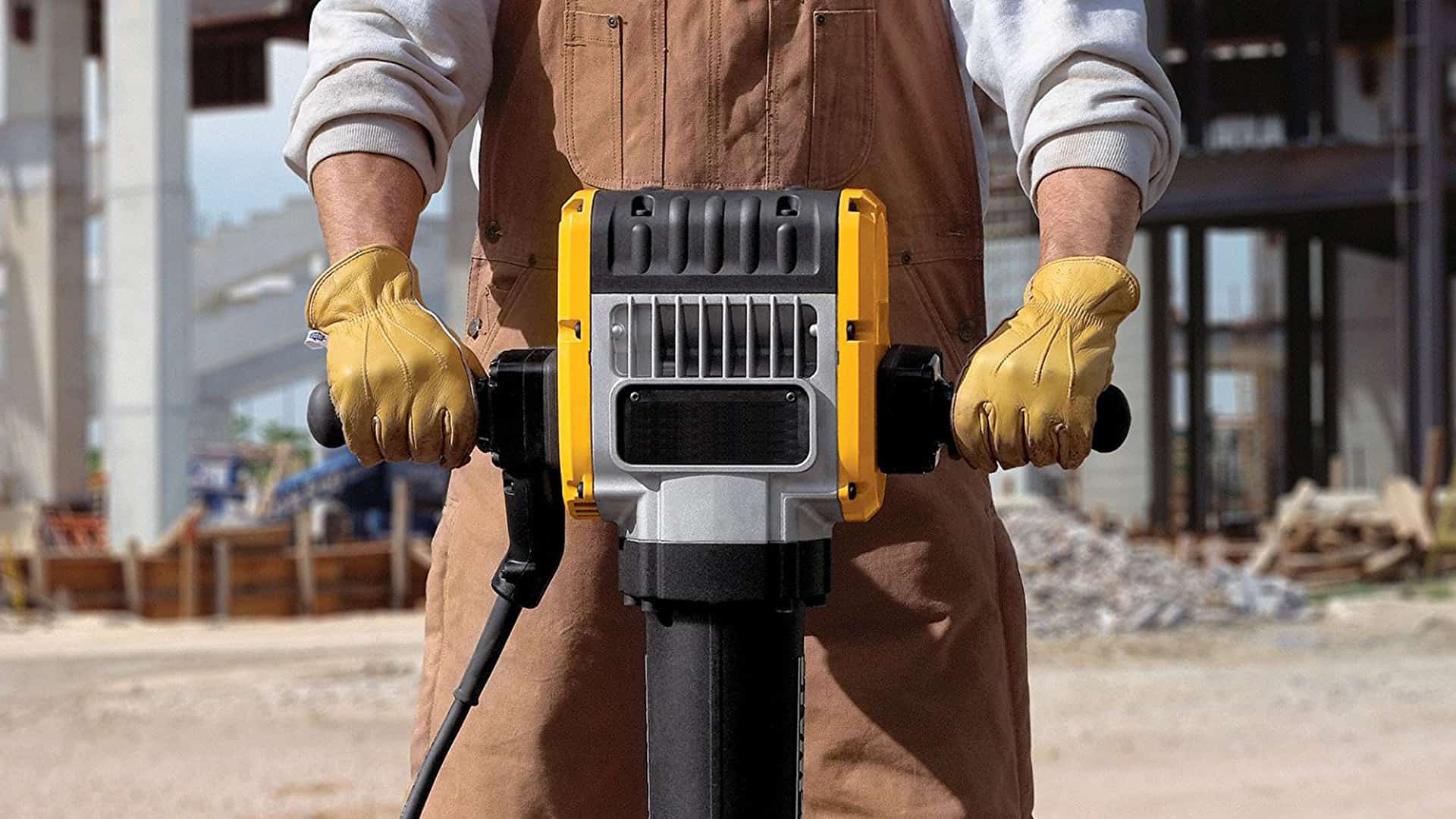When people have good mental health, they are more likely to fulfil their potential. That means they enjoy work and cope easily with work situations. They have a happy family life and good social relationships. Organisations are required by law to promote and protect the mental well-being of their workforce. A comprehensive Mental Health Policy, along with easy-to-understand operating procedures, will incorporate mental health issues into established organisational thinking. It will make sure everyone knows how the organisation views and deals with workplace mental health. This online Developing a Workplace Mental Health Policy E-Learning course covers the steps that organisations should consider when developing and implementing a comprehensive workplace Mental Health Policy This online Developing a Workplace Mental Health Policy course is aimed at employers and employees responsible for developing and following a workplace mental health policy and aimed at anyone responsible for risk assessment and health and safety in the workplace.
Online training is flexible, efficient and cost-effective, so candidates can progress through the modules at their own pace, in their own time, making it easy to fit the training around their work and personal life. The Developing a Workplace Mental Health Policy E-Learning course is approved by leading industry bodies IIRSM and CPD.
20 minutes £35
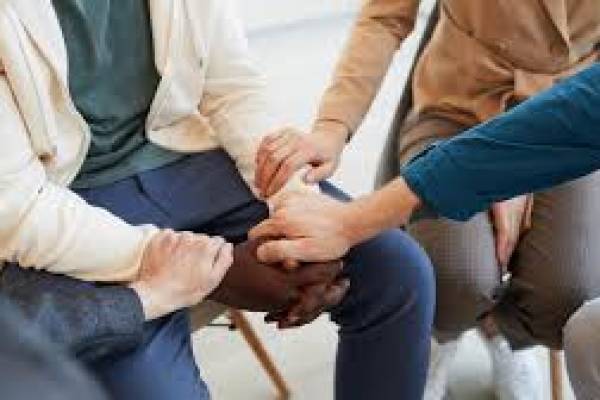
Course Overview:
Target Audience
E-Learning Advantages
Duration of the course
Cost
Author: Dawn Evans
Toasty Tips: How to keep warm through Winter
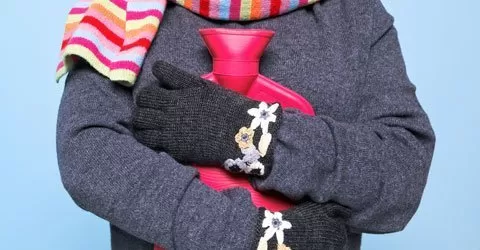
Cold Weather
With colder weather on the way, it’s really important to remain fit and healthy at this time of year to help your body fight off the common colds and viruses that are circulating. Eating well, wrapping up warm and carefully planning your journeys are simple ways stay safe during winter.
This blog highlights some of the first aid tips you may require over the winter months and potential hazards to look out for.
Keep warm
It is essential to maintain body heat during winter to avoid hypothermia.
Ideally, the temperature indoors should be at least 18 degrees. If you cannot afford to keep the heating on all winter (it can really add up!) then keep adding the layers, have accessible blankets around the house and hot water bottles which are particularly useful and a cost-effective way to keep extra warm indoors.
If you are venturing outside, ensure to wrap up warm and add layers such as, hats, scarves and gloves to prevent you from getting too cold.
Unfortunately, hypothermia is a huge danger at this time of year. The number of hypothermia deaths has doubled over the last five years. It is really important to learn the signs of hypothermia which include pale and cold skin, shallow breathing, a weak pulse and disorientation. If you suspect someone is suffering from hypothermia, then it is vital to encourage the to undertake the following:
– Slowly restore warmth and get indoors if they are not already
– Begin CPR if necessary
– If they are conscious, give them a warm drink such as
– Keep their body temperature up by wrapping them in blankets
Further tips for keeping warm and staying safe:
– Wear several light layers rather than one chunky layer
– Regular hot drinks and meals
– Be very careful around open fire
– Close the curtains after dark to keep away drafts
– Keep your hands clean to reduce germs spreading
– Stay active
– Keep windows closed at night
Keep healthy and fight the cold
As mentioned in the introduction, cold weather can have a detrimental impact on your health. There are many preventative measures that can be taken to ensure that you are fit and healthy throughout the winter months and avoiding sickness:
– Enquire about getting the flu jab
– Take multivitamins
– Maintain a healthy diet
– Have hot meals and drinks where possible
– Invest in a hat, scarf and gloves and a good coat
– Exercise and keeping active helps to maintain body heat amongst many other health benefits
When the temperature drops to below 8 °C some people particularly vulnerable people such as young children, people with existing health conditions, people with a low income and elderly people become at risk of various problems:
– Heart attack
– Stroke
– Pneumonia
– Falls and injuries
– Hypothermia
Travel safely
During the winter, travelling can become particularly hazardous. Take extra care when walking outdoors as footpaths can become slippery. Invest in a sensible pair of shoes with good grip to help to prevent slips and trips.
If you are driving, it is important to be aware that the roads can become slippery and dangerous. It is a good idea to have a winter first aid kit stocked in the car including blankets and water in case you break down. Other driving essentials during this time of year include an ice scraper, winter screen wash, de-icer and a foil blanket.
We hope that this blog has given you some basic ideas about how to stay safe during winter.
As well as ensuring that you take all of these measures to stay healthy, please look out for vulnerable people and do what you can to help them to keep warm. Perhaps consider donating blankets, hot water bottles and tinned food to those in need. Drive calmly and safely to prevent being involved in an accident.
If you are interested in learning more about learning basic first aid skills, please book yourself a place on one of our open first aid courses.
Modern Slavery
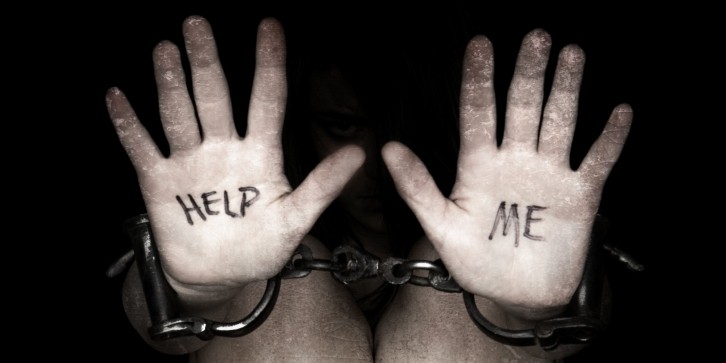
Course Overview
This on E-Learning Modern Slavery course covers the main aspects and concerns over modern slavery, particularly in the UK.
Modern slavery is the recruitment, movement, harbouring or receiving of adults and children.
In the UK, it’s estimated there are more than 130,000 modern slavery victims, and throughout this online Modern Slavery course, we’ll be presenting example case studies.
Modern slavery is wide ranging and includes forced labour, debt bondage and sexual exploitation, along with forced marriage and criminal exploitation.
During this E-Learning Modern Slavery course you’ll discover who’s vulnerable to human trafficking and how they are trafficked, recruited and controlled.
We’ll discuss, during this online Modern Slavery course, the victim’s perspective and show the hidden personal signs of modern slavery and how to identify locations that could act as a base.
You’ll also learn how to report modern slavery, and the role of the National Referral Mechanism during this Modern Slavery online course.
During this Modern Slavery E-Learning course, we’ll suggest ways the government could stop modern slavery and examine the workings of the Modern Slavery Act 2015
Within this modern Slavery online course, we’ll look at the role of small businesses in combatting modern slavery, and provide practical tips, including how to make an anti-slavery pledge.
Finally, we offer useful contact details – including the authorities and charities that provide specialist support for victims of modern slavery at the end of this E-Learning Modern Slavery course.
Modern Slavery Target Audience
This online E-Learning Modern Slavery course is aimed at all employees as it is relevant to most businesses across all industries.
Understanding the most common form of modern Slavery, who is most vulnerable and how to report Modern Slavery is vital in many businesses.
Online training is flexible, efficient and cost effective meaning the candidate can progress through the modules at their own pace and in their own time, so they can fit the training around their work and personal life.
Duration of the course
4 Modules
Approximately 40 minutes
Cost – £35
Hot Works
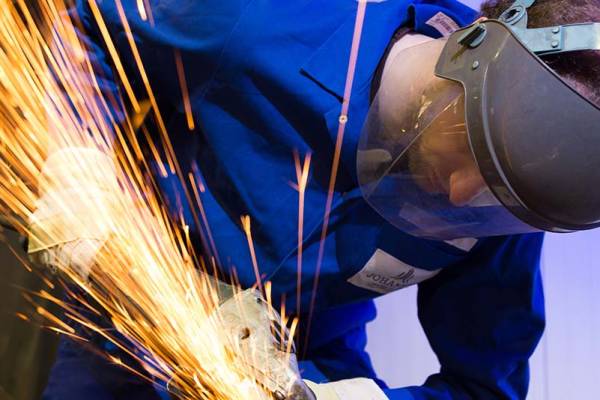
Hot Works Course Overview
Our full suite of interactive video based online courses can be white labelled and distributed by you.
This short E-Learning Hot Works online course provides you with an introduction to hot work, the hazards associated with it and controls that can be put in place to minimise these hazards.
What is meant by hot work? Often seen in the construction and maintenance industries, hot work is the name used to describe any activity involving open flames or other heat sources, sparks, or flame-producing equipment.
Now, as such works can be extremely hazardous if not executed correctly, it is of paramount importance that all workers undertaking hot works understand the hazards involved and the safety precautions they must take in their day-to-day work.
After detailing what is meant by hot work, this online Hot Works E-Learning course sets out the hazards associated with such works, explores the controls that can be put in place to keep your workplace safer and finishes by explaining why you should use a permit to work scheme for hot work activities.
Written in our straightforward, easy to understand style, this E-Learning Hot Works online course provides you with all the information they need to help keep everyone safe in the workplace.
Target Audience
This E-learning Hot Works online course is aimed at those in any industry that will encounter Hot Works. This could include site supervisors or managers.
E-Learning Advantages
Online training is flexible, efficient and cost effective meaning the candidate can progress through the modules at their own pace and in their own time, so they can fit the training around their work and personal life.
Price
£35
LOLER Lifting Operations and Lifting Equipment Rehgulations
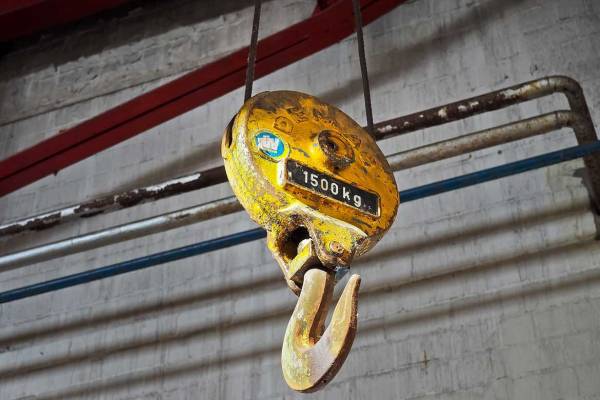
LOLER – Lifting operations and Lifting Equipment Regulations
This short E-Learning LOLER course provides you with an introduction to the Lifting Operations and Lifting Equipment Regulations 1998, otherwise known as LOLER.
The online E-Learning LOLER course starts by explaining the purpose of LOLER, before setting out what is meant by a lifting operation. The LOLER online course will then provide some examples of equipment covered by the legislation.
The E-Learning LOLER course will then explore why lifting equipment safety is so important, detailing the types of injuries that machinery can cause.
Moving on, the online LOLER E-Learning course covers the equipment maintenance requirements that must be complied with by law. The LOLER online course provides a detailed explanation as to what is meant by ‘thorough examination’ under LOLER, then looks at lifting equipment markings and the safe working load.
The E-Learning LOLER online course finishes by covering what the regulations require of your organisation when it comes to the protection of young persons.
Target Audience
This E-learning LOLER online course is aimed at those in any industry that are responsible for and the use of Lifting Equipment. This could include site supervisors or managers.
eLearning Advantages
Understanding the risks and how to protect yourself from Lifting Operations and Lifting Equipment.
Online training is flexible, efficient and cost effective meaning the candidate can progress through the modules at their own pace and in their own time, so they can fit the training around their work and personal life.
Modules
4
Course Duration
28 minutes
Price
£35
TikTok for Business

TikTok for Business Course Information
This online E-Learning TikTok for Business course will give you an overview on the history of TikTok, its user demographics and the three business benefits offered by the platform.
TikTok is one of the world’s fastest growing social networks and is available in over 150 markets with over 1 Billion users each month.
The format involves posting short-form videos – mostly for entertainment. However, it also presents significant opportunities for businesses.
This online TikTok for Business course starts with the history of TikTok, its user demographics and the three business benefits offered by the platform.
On a practical level, this E-Learning TikTok for Business online course will show you how easy it is to create your TikTok Business account and optimise your profile.
Within this online TikTok for Business course, there’s information on how to create engaging content for your existing and potential customers, how to get to know your target audience, develop your content strategy and partner with influencers.
TikTok ads spread awareness of your company or promote the sale of your products or services.
This online TikTok for Business course will discuss the importance of TikTok advertising campaign strategies, whether it’s a one-off offer, an advertisement group or a collection of advertisement groups.
Finally, the TikTok for Business E-Learning course will show you how to use TikTok’s analytics tools to monitor the success of your advertising and use your insights to generate increasingly effective campaigns in the future.
TikTok for Business Target Audience
This online TikTok for Business E-Learning course is aimed at anyone who is involved in promoting and marketing their business online.
TikTok for Business E-Learning Advantages
Online training is flexible, efficient and cost effective meaning the candidate can progress through the modules at their own pace and in their own time, so they can fit the training around their work and personal life.
Duration of the course: 20 minutes
Price: £35.00
Asthma Attacks and how to tackle them
What to do during Asthma Attacks
Asthma is a condition that affects the airways of the lungs. Asthma can cause the lungs to go into spasm and tighten which can make it very difficult to breathe for someone who is having an Attack. There are many factors that can trigger Asthma Attacks; the weather, allergies, over exertion, illness and stress to name but a few.
3 people die every day in the UK from fatal Asthma Attacks; these could potentially be avoided if people understood more about the condition. Every 10 seconds someone has a potentially life-threatening asthma attack.
What are the symptoms of Asthma Attacks?
-Tight chest
-Difficulty breathing
-Wheezing
-Coughing
-Distress
-Struggling to speak, sleep or eat
-Children can sometimes complain of a tummy ache
Usually, these symptoms will not occur suddenly.
What do you do when Asthma Attacks occur?
-Stay calm, panicking will only make things worse.
-Make them comfortable
-Ask them to use their reliever inhaler
-Reassure them
-Encourage slow and steady breathing
-If the casualty shows no sign of improvement or the casualty does not have their inhaler with them, call 999 or 112
If you think you are having an asthma attack and you are alone, take the above steps. Take slow and steady breaths and try to remain calm. If your symptoms do not improve, do not hesitate to call 999 or 112.
Advice for friends and family
It is very important that friends and family of Asthma sufferers know how they can help during an emergency.
If you have a personal Asthma action plan, it is useful to make copies and share it with people that are you are often with so that they have something to refer back to during an emergency.
If you are interested in learning how to help in emergency medical situations, please get in touch with our team about booking yourself a space on one of our first aid training courses. Contact us on admin @ajuda.org.uk or call 029 2057 6883.
Hand & Arm Vibration Syndrome
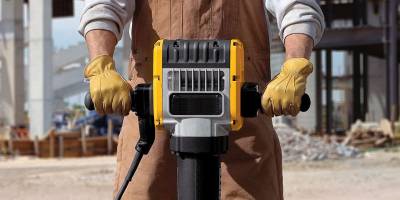
Hand Arm Vibration Syndrome Overview:
This short course provides you with an introduction to Hand Arm Vibration Syndrome, otherwise known as HAVS.
The course starts by establishing exactly what Hand Arm Vibration Syndrome is, before providing a detailed description of the symptoms and consequences of the disorder.
It then provides an overview of the equipment and work-related situations most likely to pose a risk of HAVS, and the exposure values that must be complied with by law.
Following this, the course covers the practical steps you can take to reduce the risk of HAVS, and looks at the law with regards to HAVS, including the responsibilities that both employees and employers must comply with in order to reduce the risk.
Hand Arm Vibration Syndrome Target Audience:
This Managing Occupational Health online course is aimed at supervisors and managers who are responsible for the health and wellbeing of their employees.
Hand Arm Vibration Syndrome E-Learning Advantages
Understanding the risks and how to protect yourself from vibrating power tools.
Online training is flexible, efficient and cost-effective, so candidates can progress through the modules at their own pace, in their own time, making it easy to fit the training around their work and personal life.
Number of modules: 6
Course Duration: 40 Minutes
(Note: This is based on the video content shown and is rounded off. It does not account in any way for loading time or thinking time on the questions)
Course Price: £35
Provision and Use of Work Equipment Regulations (PUWER)
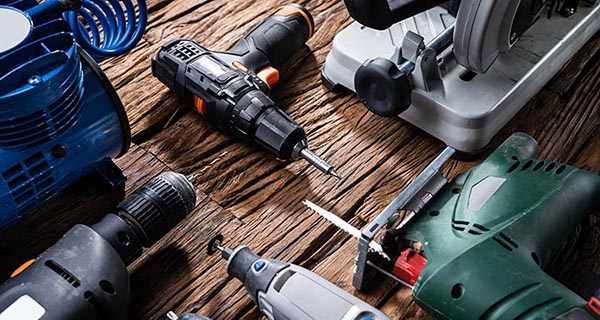
PUWER Course Overview:
This online E-Learning PUWER short course provides you with an introduction to the Provision and Use of Work Equipment Regulations, otherwise known as PUWER. During this online PUWER course you will learn about the types of equipment that fall under this legislation along with the common hazards, equipment inspections and maintenance.
This short PUWER online course provides you with an introduction to the Provision and Use of Work Equipment Regulations, otherwise known as PUWER.
The E-Learning PUWER course starts by explaining the purpose of PUWER, and then turns to look at the types of equipment that fall under this legislation. This is followed by an explanation as to the responsibilities both employers and employees have under the regulations.
Next, this online PUWER course explores the common hazards associated with the use of work equipment; before moving on to look at different methods of guarding available to keep you safe from injury.
Finally, the PUWER E-Learning course explores the requirements with respect to equipment inspection and maintenance under the regulations.
PUWER Target Audience
This online PUWER E-Learning course is aimed at anyone in the workplace that uses machinery. This could include site supervisors or managers.
PUWER E-Learning Advantages
This E-Learning PUWER course will help with the understanding how work equipment is maintained safe for use, in a safe condition and suitable for the intended use.
Online training is flexible, efficient and cost effective meaning the candidate can progress through the modules at their own pace and in their own time, so they can fit the training around their work and personal life
Number of modules: 6
Course Duration: 35 Minutes
(Note: This is based on the video content shown and is rounded off. It does not account in any way for loading time or thinking time on the questions)
Course Price: £35
Ladder Safety

Ladder Safety Course Overview:
This online E-Learning course provides a detailed exploration into ladder safety.
During this online Ladder Safety course you will learn about the different types of ladders, how to check and secure a ladder, and what a competent person looks at during a ladder inspection along with the laws that govern ladder safety,
The Ladder Safety E-Learning course begins with a look at the laws that govern ladder safety, before moving on to explain how to check a ladder, and what a competent person looks at during a ladder inspection.
The online Ladder Safety course continues with a study of the different types of ladders you may come across in your role, and how they must be used.
Next, the E-Learning Ladder Safety course covers when and where a ladder can be used, and how it needs to be secured for use, before finishing with a look at some common ladder mistakes.
Ladder Safety Target Audience
This E-Learning Ladder Safety course is aimed at all industries and individuals that use ladders. This could include site supervisors or managers.
Ladder Safety E-Learning Advantages
Understanding the risks and how to protect yourself when using ladders will ensure you handle and work with them safely.
Online training is flexible, efficient and cost effective meaning the candidate can progress through the modules at their own pace and in their own time, so they can fit the training around their work and personal life
Number of modules: 5
Course Duration: 30 Minutes
(Note: This is based on the video content shown and is rounded off. It does not account in any way for loading time or thinking time on the questions)
Course Price: £35
Lock Out / Tag Out (LOTO)
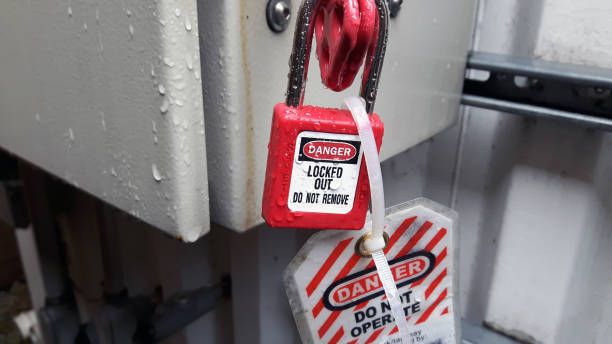
Lock Out / Tag Out Overview:
This online E-Learning course provides an overview of Lockout/tagout (LOTO) – the safety practices and procedures that ensure dangerous machines are properly shut off during service, repair or maintenance.
The LOTO online course begins by describing what a lock out / tag out system is, detailing its purpose, and what it involves.
This E-Learning course on LOTO then moves on to the types of hazard exposures that might require lock out / tag out, and follows this with a look at the laws associated with lock out / tag out, and the responsibilities that you, and your employer, have under these regulations.
Finally, the E-Learning course on LOTO sets out a six-step process you need to follow to ensure a safe lock out / tag out.
Lock Out / Tag Out Target Audience
This online E-Learning course on LOTO is aimed at anyone involved with the service, repair or maintenance of machinery or equipment that can unexpectedly release hazardous energy if it is not shut down and isolated correctly. This online course is also relevant to the employees working alongside these people and their supervisors and managers.
Lock Out / Tag Out E-Learning Advantages
Knowledge of the reasons for a Lockout / Tagout system and awareness of the dangers of not implementing correctly reduces the chances of LOTO accident occurring.
Online training is flexible, efficient and cost effective meaning the candidate can progress through the modules at their own pace and in their own time, so they can fit the training around their work and personal life.
Number of modules: 3
Course Duration: 25 Minutes
(Note: This is based on the video content shown and is rounded off. It does not account in any way for loading time or thinking time on the questions)
Course Price: £35
Bonfire Night First Aid
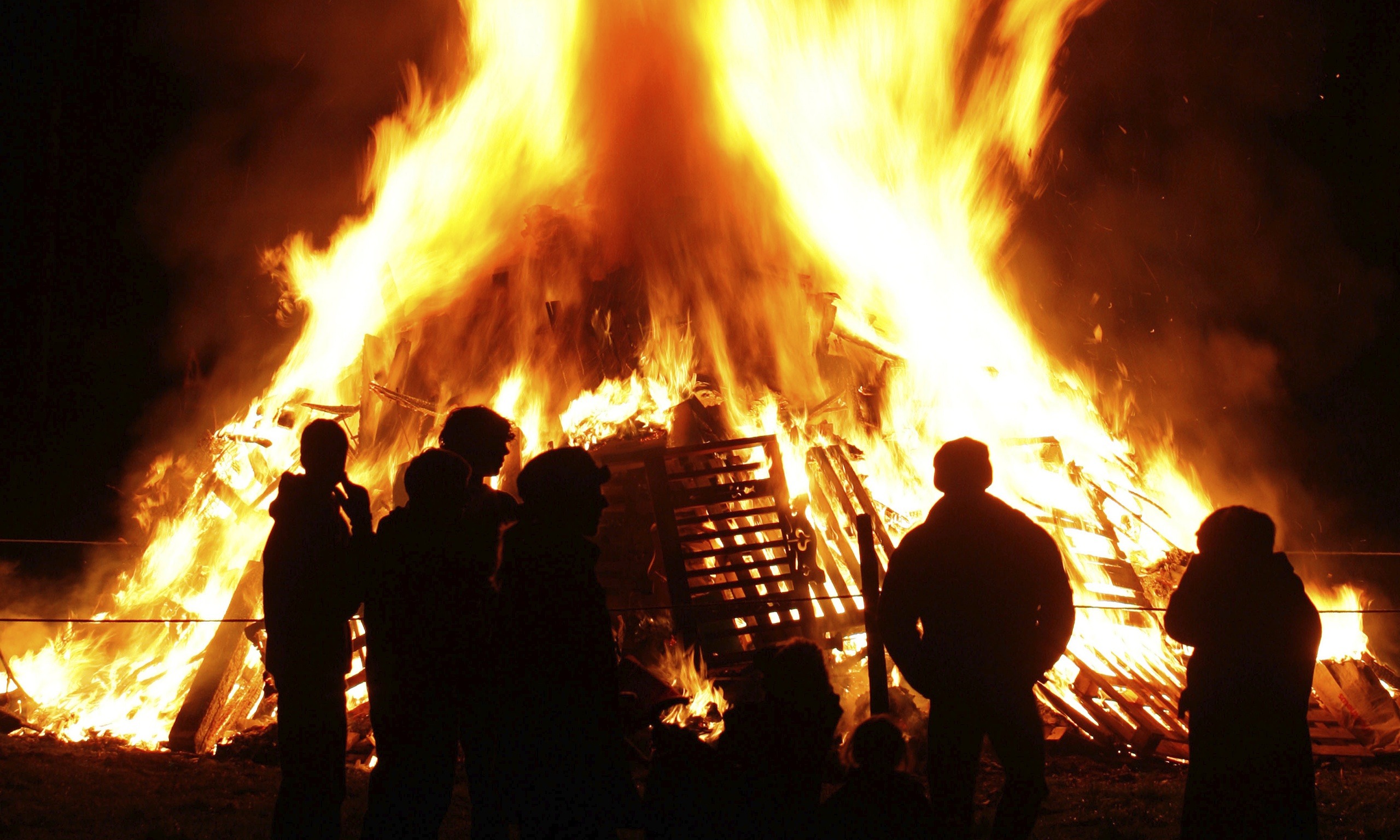
This weekend Bonfire Night will be celebrated around the UK. According to statistics from The Royal Society for the Prevention of Accidents around 1,000 people visit A&E for treatment of firework related and other bonfire night related injuries in the four weeks around the event.
Although Bonfire Night is certainly a time for fun, we’ve written this blog to provide first aid tips that are simple to learn and well help you to be prepared to treat any of these injuries if they occur.
Burns or scalds
– Run the burn under cold water for at least 10 minutes. Skin needs to be completely cool to prevent pain, scarring or any further damage.
– Remove any jewellery or clothing that is near the burn – do not remove if they are stuck to the burn.
– Don’t pop any blisters or apply creams – doing this risks making the injury worse.
– One the burn is cooled, cover with a plastic bag or clingfilm.
– If necessary, treat a casualty for shock by laying them down with their legs raised above the level of their heart e.g. on a chair.
– If the burn is on a child, or, if you think the burn is serious (e.g. deep, larger than the size of the casualty’s hand, on the hands, feet or face) call 999/112 for an ambulance. There will also be first aiders at almost all public firework displays in the UK so keep an eye out when you get to the event in case you need to go and get help.
Debris in the eye
– Do not rub the casualty’s eye or let them rub the eye as it will make it worse.
– Pour clean water over the eye to wash out what is in it or to cool the burn.
– If this does not work, try to lift the debris out with the damp corner of a clean tissue.
– If this also does not work, cover the eye with a clean dressing (if a dressing is not available make sure you use a non-fluffy material).
– Take the casualty to the nearest hospital.
Smoke inhalation
– Move as far as possible away from the smoke so that you/they can breathe in fresh air.
– Sit down or help the casualty to sit down in a comfortable position and loosen any tight clothing around the neck to help breathe normally.
– If you/they do not recover quickly, call 999/112 for an ambulance.
